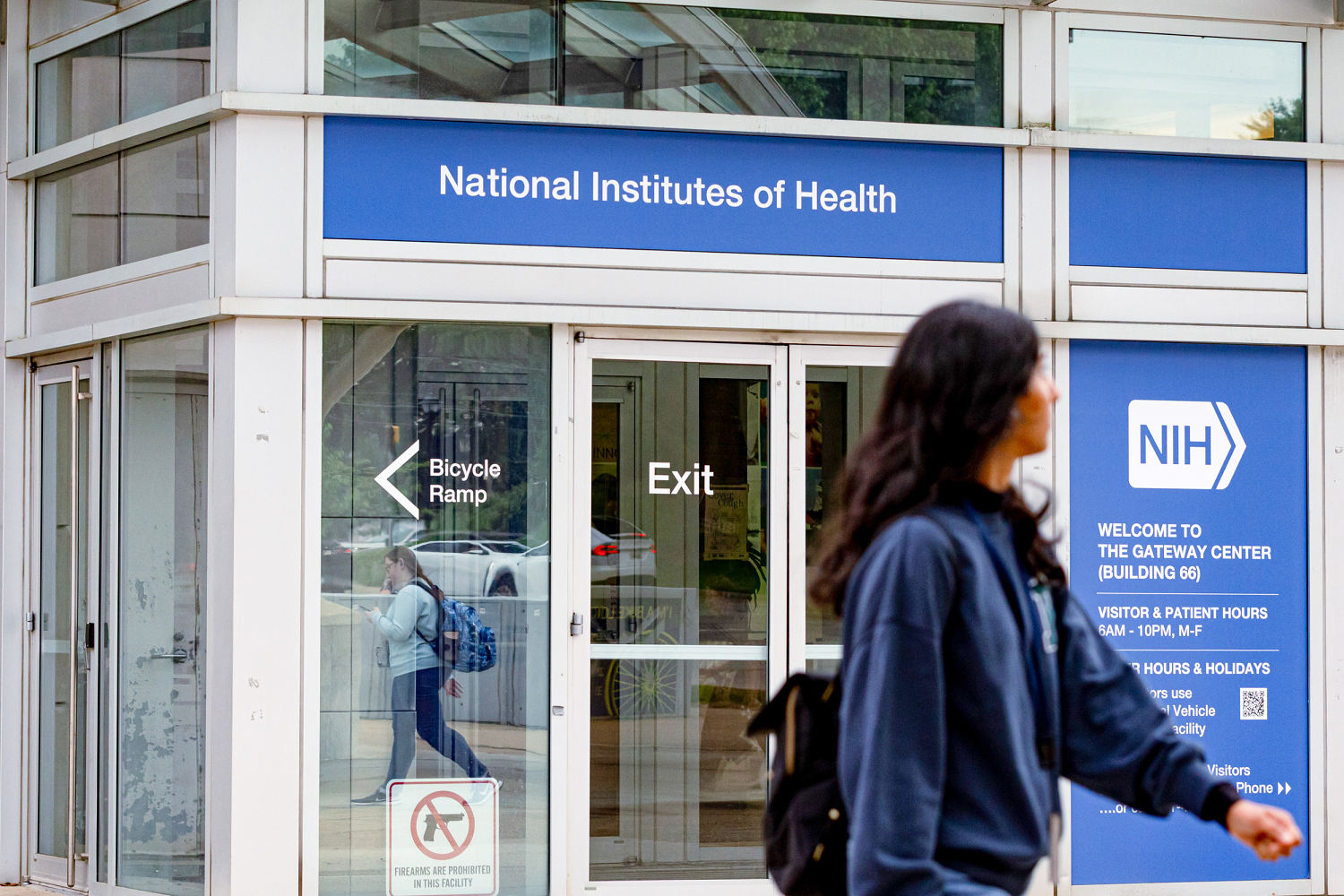
The National Institutes of Health is the largest supporter of biomedical research in the world. It pays for work that would never happen otherwise. But under the guise of efficiency, the federal government has halted $2 billion in federal research grants and is proposing a 40% cut to the NIH budget. Many of the most drastic cuts will halt brain research, including the Brain Research Through Advancing Innovative Neurotechnologies (BRAIN) Initiative, which helps map our most important and least understood organ. Worse, these cuts mean the government will quit a game that we are winning, cutting off promising research just as it’s about to make good on decades of investment and work.
These setbacks could derail future treatments and cures in ways that we may not be able to recover from for decades. At the American Brain Foundation, the organization I lead, we are fighting to fund research for all brain diseases, because curing one disease will help cure many others. We rely entirely on private philanthropy and receive no government funding, but our efforts depend on the scientific ecosystem that federal investment, especially from the NIH, makes possible. Government funding fuels the high-risk, high-reward research that leads to scientific breakthroughs. When that foundation is undermined, so are the hopes of the 1 in 3 people living with a brain disease or disorder — more than 114 million Americans.
We are closer than we have ever been to transformational treatments and diagnoses.
Brain conditions affect every family — whether it is a daughter watching her mother slip into Alzheimer’s, a father navigating life with Parkinson’s, a teenager losing their footing to depression or epilepsy. These diseases don’t just steal memories or motor function, they steal futures, independence and joy from those who have these diseases and from their careers.
We are closer than we have ever been to transformational treatments and diagnoses. Thanks to advances in biomarkers, we’re closer than ever to predicting brain disease with the ease and accuracy that we do with heart disease. We are closer to new ways to detect and treat delirium, which affects 1 in 5 people in hospitals, doubles the risk of mortality and costs hospitals and patients billions. Also at risk is research on drugs to treat Alzheimer’s disease, uses of weight-loss drugs to treat dementia or addiction, blood tests for Parkinson’s disease and numerous others. And we are closer to treatments and lifestyle changes that can heal brains and protect healthy ones, using precision medicine and a better understanding of brain resilience.
The proposed NIH cuts threaten to stop this momentum dead. Promising projects will be shelved. Early-career scientists — many of whom give up lucrative medical careers to work in laboratories — will be driven out of research, and once someone leaves the lab for a clinical career, they rarely come back. A generation of discoveries could be lost — not because the science failed, but because the support did.
If that happens, this will hurt not just people who suffer with brain diseases now. It will hurt the tens of millions of us who will develop one. It means that if you suffer from migraines, you might always. It means if you develop Parkinson’s disease, a condition more understood than ever before, you will live with it. It means if you get a traumatic brain injury playing football or in a car crash, your odds of full recovery will not improve. It means that if you develop dementia, your body will go on without memories or the core of what makes you yourself.
Some have characterized these budget cuts as a “pause,” but research like this cannot simply be paused. Interrupting a longitudinal study that has been gathering data on 250 subjects for decades, to give just one example, is the same as killing it before it reaches a conclusion. It is gone. And once lost, we may not get it back. You can’t rebuild the future if you never lay the foundation.
Some have characterized these budget cuts as a ‘pause,’ but research like this cannot simply be paused.
The American Brain Foundation and other groups like us will continue to invest in research to protect brain health. But we need the public and policymakers to understand that cuts to the NIH are cuts to hope. They are setbacks for every person praying for a cure and for every family already stretched thin by caregiving, emotional stress and financial hardship.
This nation is about to forfeit a game that it’s winning, and the consequences will be tragic and permanent for each of us. Lawmakers should stand up against these cuts, and voters should make their opposition clear as well. We’re on the brink of breakthroughs that could redefine brain health for generations. This is no time to walk off the field.
